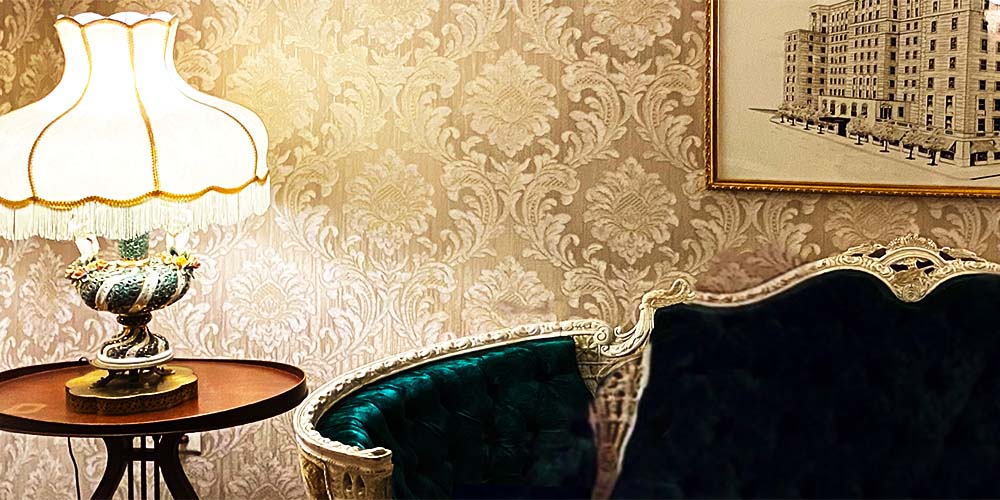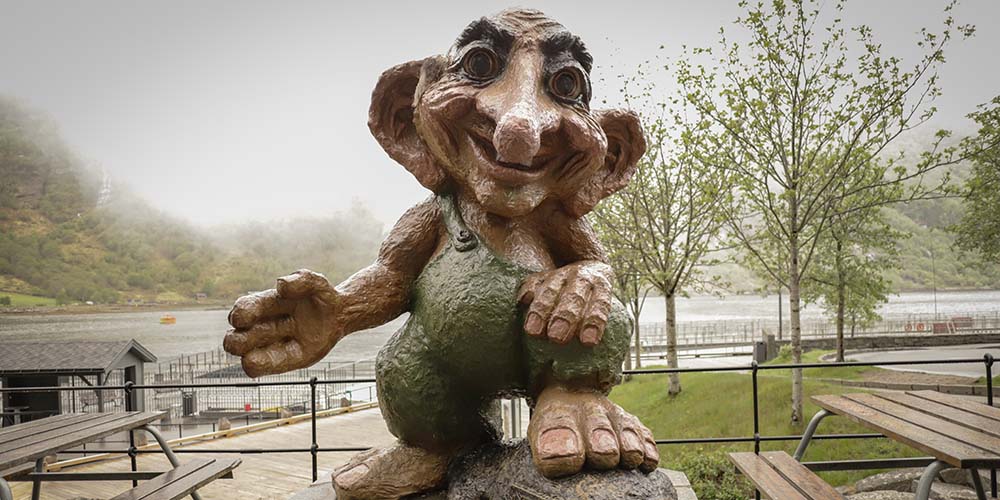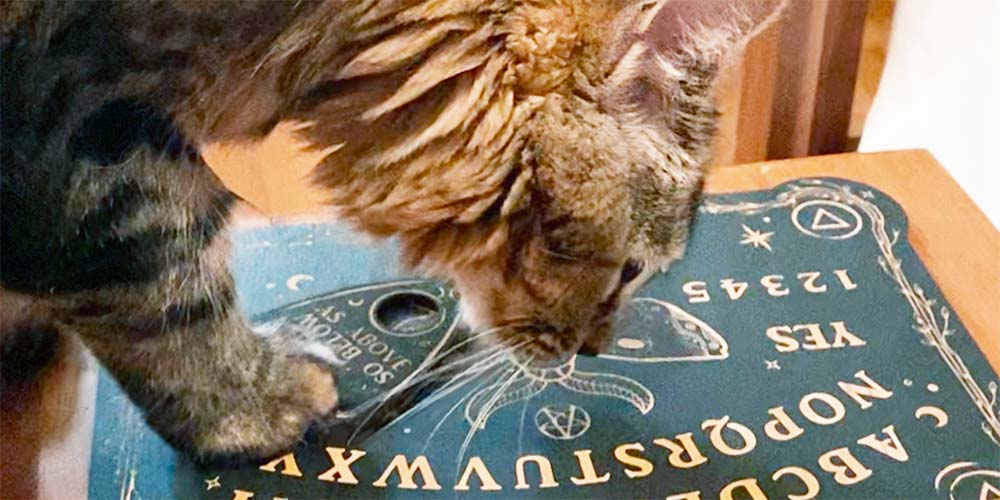The Mummies of St. Michan’s

St. Michan’s Church in Dublin, Ireland, has a very unusual attraction—underground crypts that contain mummies.
Not That Kind of Speculum

Etymology for Goth Polyglots: The Spectral Speculum
How to Bring Good Luck and Prosperity into Your Home

Simple ways to bring good luck home and create good vibes in your space using common materials most of us have on hand.
Why So Salty?

Common salt superstitions and where they come from.
The Haunted Read House in Chattanooga

We tour room 311, the source of grisly murders and infamous guests in the haunted Read House hotel in Chattanooga, TN
The Everdark Express at GhoSt Augustine

Looking for a paranormal experience in the Ancient City? Here’s our St. Augustine Ghost Tour review of the GhoSt Augustine Shadow Shuttle
Are Trolls Real?

Trolls are a paranormal/pop-culture crossover phenomenon. Every American knows the word from childhood. But are trolls real?
The (haunted) Historic Scott County Jail

Yes, I spent the night in a haunted jail in rural northeast Tennessee. And if you’re looking for a fun and exciting adventure, you can, too!
Do cats sense ghosts better than dogs?

What’s really going on when your dog or cat reacts to something you cannot see? Do pets sense spirits in your house?
